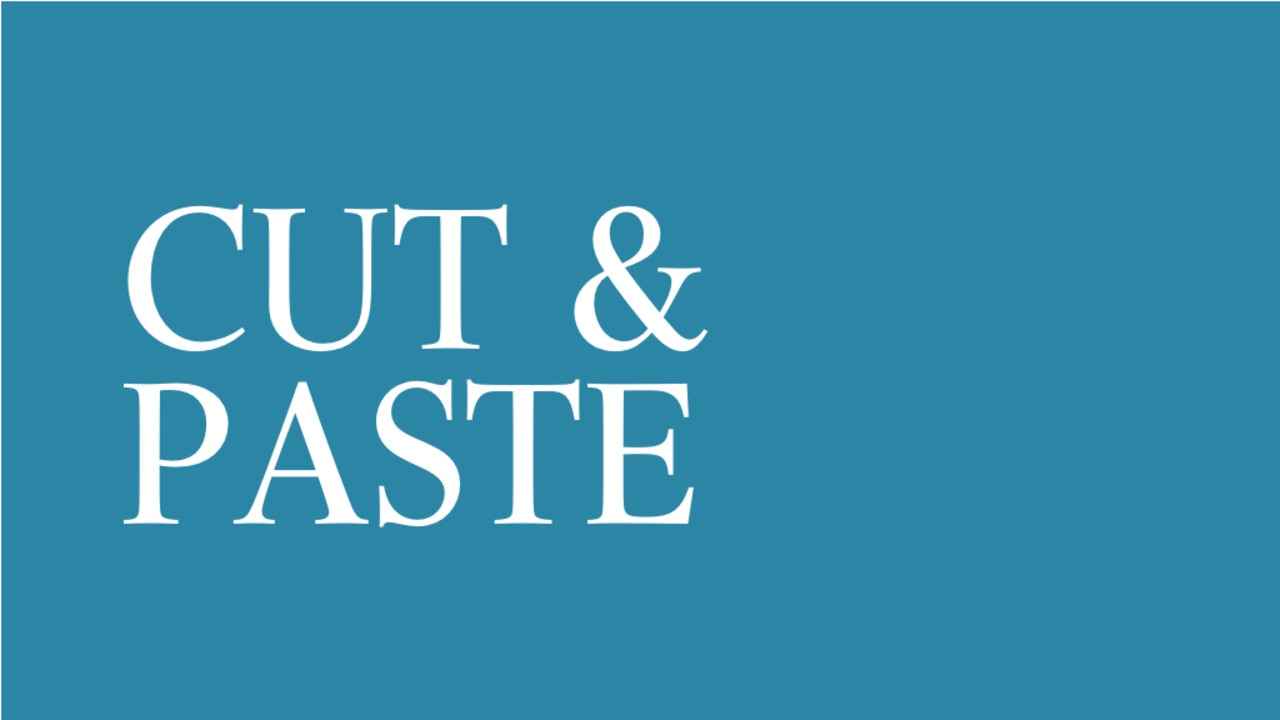Feeling blue? A little Dickens may help your mental health more than mindfulness
About 15 years ago I was working for Kirklees Libraries in West Yorkshire. The chief librarian, Catherine Morris, came up with the idea for the bibliotherapy project.
A what? Cleeves continues:
Three part-time “therapists” attached to GP practices worked with patients who had mild to moderate depression or who had chronic pain. The therapists prescribed books to give advice and information … books that were an escape. Funny books, exciting thrillers, gentle romances. (Even a good murder mystery.) And if people were isolated, they prescribed membership of a reading group. Anecdotally, there were some real successes.
A Short History of Bibliotherapy, Bijal Shah, September 28, 2017:
The first origins of book therapy or bibliotherapy can be traced back to the ancient Greeks, who built libraries holding both entertainment and educational books. Aristotle’s literature was considered medicine for the soul. King Ramses II also had a dedicated chamber filled with books that was aptly labelled “House of Healing for the Soul”.
More recently …
In the early 19th-century doctors were prescribing books for guidance and respite from suffering. Soldiers who were involved in World War I were reading to manage post-war trauma.
Cleeves confessed:
I’m not sure about the term “bibliotherapist”; it sounds a bit off-putting, and brings to mind Eton schoolboys spouting Latin or Greek.
The Sydney Morning Herald, December 14 last year:
Studies have found that reading for pleasure for 30 minutes a day can reduce anxiety while improving self-esteem, empathy and emotional intelligence. Further research, published in the European Journal of Public Health in 2017, also found bibliotherapy could be a cost-effective intervention for people affected by depression.
Bibliotherapist John Duffy, The Guardian letters, September 8:
What we learned is that there is no book or author that you can say with certainty is going to help with a particular issue such as depression or anxiety. People’s responses to the same poem, story or author are as varied as human beings are.
One-star Amazon review of Jane Austen’s Pride and Prejudice by Mr Carlton B Morgan, 2010:
Just a bunch of people going to each other’s houses.
Cleeves again:
Many connections have been made between reading and health. “Dickens better for mental health than self-help books”, ran a headline in the Sunday Times, quoting professor Philip Davis, who claimed that research has shown that classic works of literature can “boost our brains” and relieve chronic pain and dementia. (Maybe, if Dickens and Shakespeare float your boat — but I’m not convinced that it would speak to everyone. It wouldn’t have worked for me.)
The Sunday Times, March 1:
Modern novels can also spark “aliveness”, but only if the storyline is unpredictable, the research found.
The Guardian, July 8:
The print market continued its healthy run since England’s bookshops reopened on 15 June, with 3.8 million books sold in the last week, for £32.6m ($57.7m).


Vera author Ann Cleeves, The Guardian, September 2: